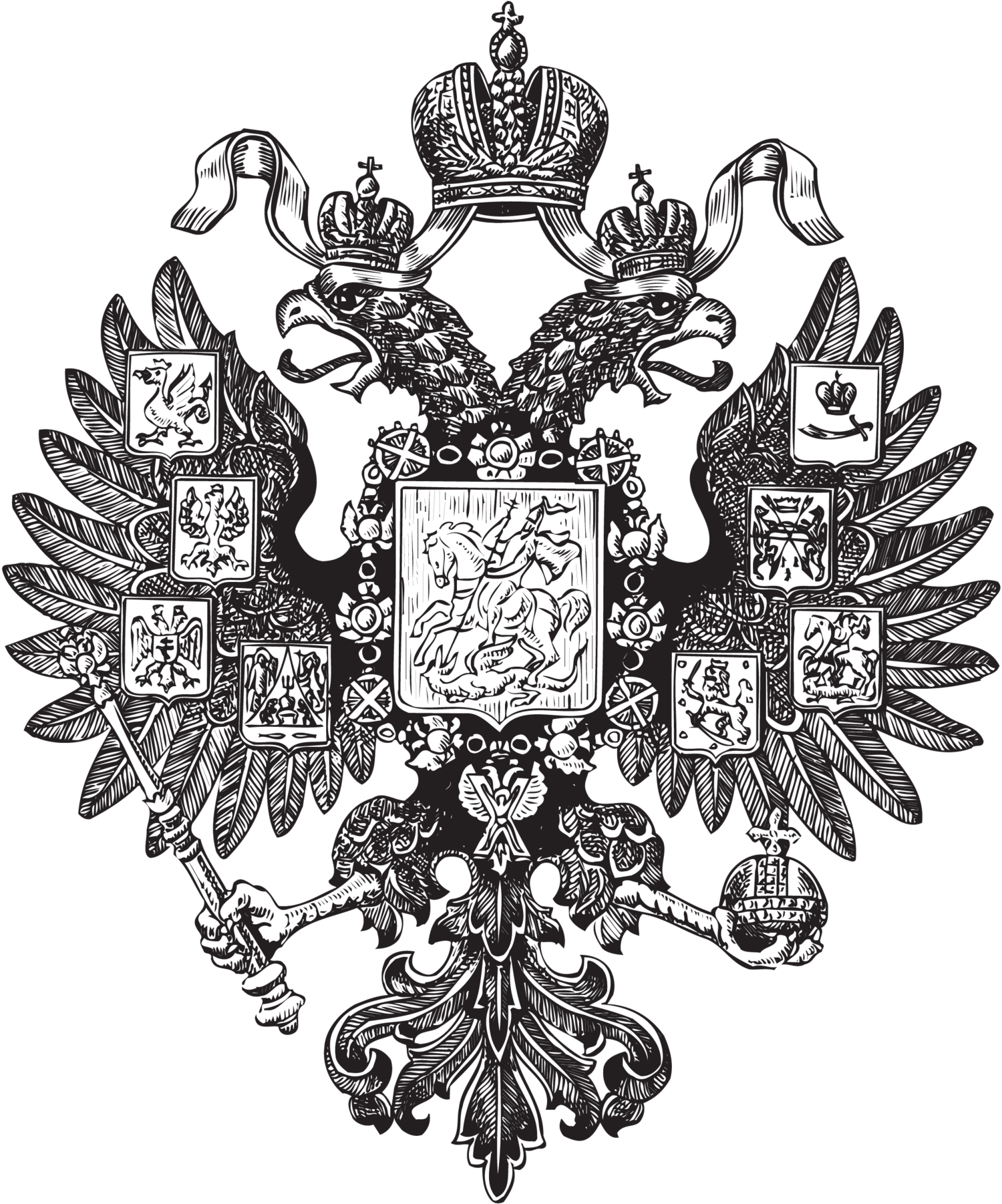What are Dynastic Rights?
The rights of Russian dynasts (q.v.), that is, members of the Russian Imperial House, are set forth in the Pauline Laws (q.v.).
Among other rights, Russian dynasts are in the line of succession to the throne. This right is also sometimes described as being in the line of succession to the Headship of the Imperial House. During the monarchy, the Emperor and the Head of the Imperial House were the same person.
Only dynasts had the right to the titles of the dynasty, that is, Emperor or Empress, Grand Duke or Grand Duchess of Russia, and Prince or Princess of Russia (Prince or Princess of the Imperial Blood).
In addition, during the monarchy, only dynasts had the right to the Romanoff surname. Non-dynasts (q.v.) received other surnames, such as Yurievsky, Iskander, Torby, Paley, and Brassov. After the fall of the monarchy, this was also true, and the surnames of Ilyinsky, Krassinsky, and Pavlovsky were granted, among many others. However, many non-dynasts started to use the Romanoff surname too. This is because, under the laws of the Western countries in which they were born (such as France, Great Britain, and the United States), a child takes the surname of his father. By way of example, Prince Nikita of Russia, a dynast, contracted a non-dynastic marriage in France in 1922. Their son Alexander, born in France, had the legal name of Alexander Romanoff, because under French law a son inherits the surname of his father.
Only dynasts had the right to the dynastic coat of arms. Under the monarchy, non-dynasts applied to the Emperor for a new surname and new coat of arms.

